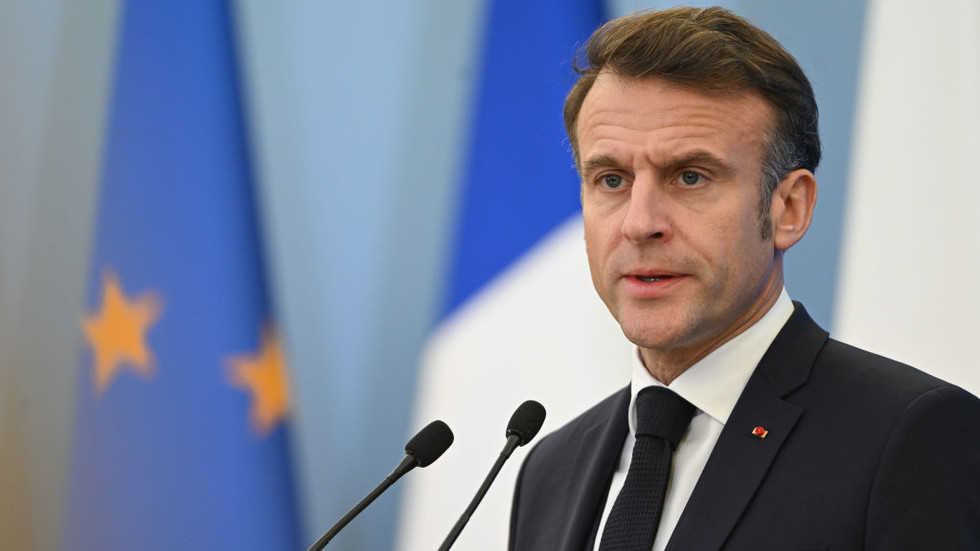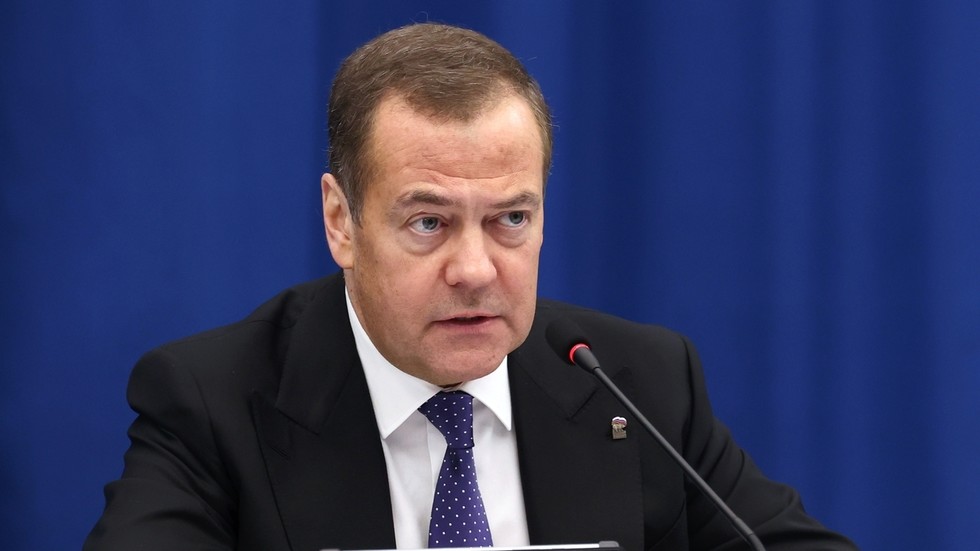US President Donald Trump has doubled down on comments about displacing Palestinians in Gaza to Jordan and Egypt, escalating tensions with the Hashemite Kingdom and possibly leaving King Abdullah II “vulnerable to geopolitical blackmail”, experts warned.
On January 25, Trump suggested that Jordan and Egypt should take in the two million or so Palestinians in Gaza, which sparked fears that the United States is angling for the ethnic cleansing of Gaza.
Jordan and Egypt’s leaders both rejected the proposal. But Trump repeated his idea on Thursday during a photo op in the Oval Office, hinting at the leverage he feels he has.
“They will do it. They will do it… We do a lot for them, and they’re gonna do it,” Trump told a journalist.
 Jordan’s King Abdallah rejected Trump’s proposal outright [Yousef Allan/The Royal Hashemite Court/AP]
Jordan’s King Abdallah rejected Trump’s proposal outright [Yousef Allan/The Royal Hashemite Court/AP]A Trump power play
“This … does set up a major confrontation,” said Sean Yom, an associate professor of political science at Temple University.
“King Abdullah II has repeatedly said the ‘alternative homeland’ scenario and further Palestinian displacement is a red line … but Jordan is also directly dependent upon US aid and security assistance – the kingdom is vulnerable to geopolitical blackmail,” Yom, who has written extensively on the Middle East and North Africa, told Al Jazeera.
Analysts agree that Trump could try and coerce Jordan into accepting Palestinians, using this reliance on US aid.
In 1994, Israel and Jordan signed the Wadi Araba Treaty, which established diplomatic, tourism and trade relations between the two countries and set the ground for Jordan to receive billions of dollars in US aid as debt relief.
 Protests in support of Palestinians in Gaza in Amman, Jordan were frequent before the recently announced truce [Alaa Al Sukhni/Reuters]
Protests in support of Palestinians in Gaza in Amman, Jordan were frequent before the recently announced truce [Alaa Al Sukhni/Reuters]The US now gives Jordan $1.45bn a year in bilateral foreign assistance, making it one of the top recipients of foreign aid, after Israel and Egypt.
On January 20, Trump signed an executive order directing all federal government agencies to enact a 90-day pause on almost all foreign development assistance, during which time existing programmes would also have disbursements paused as they are reviewed.
A week later, a waiver was approved by US Secretary of State Marco Rubio to continue “life-saving humanitarian assistance” during the 90-day review period.
The move sowed chaos among US-funded programmes and bodies worldwide, further compounded when Trump’s administration sent mixed signals over whether or not the order would go into effect, and how.
Dima Toukan, a non-resident scholar at the Middle East Institute, said a suspension of aid would “affect various types of foreign assistance to the country, including budget support, sector budget support, development projects and humanitarian assistance in addition to military aid”.
For Yom, the freeze could be seen “as a power play by the new administration”.
Trump is signalling that “any post-Gaza regional order must abide by American rules … and that old allies like Jordan don’t have much say in the matter”, he said.
Analysts believe that if Trump leverages aid, Jordan could be forced to rethink its alliances and look to Arab Gulf states, Russia, China, or the European Union to fill funding gaps.
It could also “[force] them to … implement deeply unpopular austerity measures that predictably lead to protests”, said Geoffrey Hughes, author of the book Kinship, Islam and the Politics of Marriage in Jordan: Affection and Mercy.
“It will also directly hit the security apparatus, and all the harder since so much aid is routed through the military and police now,” Hughes added.
Galvanised protests and discontent
The move could also exacerbate internal tensions in Jordan. More than a year of protests from citizens angered by Israel’s war on Gaza, which killed nearly 62,000 Palestinians, has put a spotlight on Jordan’s reliance on the US and Israel.
Much of Jordan’s population, which includes many Palestinians with Jordanian nationality and more than two million Palestinian refugees, was frustrated with the government’s unwillingness to cut ties.
 There are at least two million Palestinian refugees in Jordan in addition to many Palestinians with Jordanian citizenship [Alaa Al Sukhni/Reuters]
There are at least two million Palestinian refugees in Jordan in addition to many Palestinians with Jordanian citizenship [Alaa Al Sukhni/Reuters]Large protests broke out over Israel’s actions in Gaza and the West Bank in 2023 and were sustained for long stretches of 2024.
The Jordanian government responded by cracking down on and arresting hundreds of protesters and political opponents.
In April 2024, when the demonstrations were near their peak, Jordan’s police said they were arresting rioters and vandals while allowing citizens to express themselves.
This left the Jordanian government in an increasingly difficult situation, with little room to manoeuvre internationally or domestically.
In last September’s parliamentary elections, the Muslim Brotherhood-affiliated Islamic Action Front (IAF) made significant gains, going from seven to 31 parliament seats out of a total of 138. Some analysts took IAF’s gains to be an expression of discontent with the monarchy.
Jordan’s importance to US regional interests should mean foreign aid will be restored to the country quicker than in other places, interviewees told Al Jazeera.
“What might help Jordan is the old-school, and bipartisan, consensus wing in Washington that sees the Hashemites as indispensable to US foreign policy in the region, remembers the help that Jordan has given for decades to various US wars and interventions, and regards this ‘oasis of moderation’ as not worth destabilising in the long run,” Yom said.
“Trump will need to walk back this completely unrealistic proposition,” Toukan said. “If this was to become official American policy, it would undermine not only Jordan’s stability but that of the entire region, including Egypt’s.”

 3 hours ago
3
3 hours ago
3









